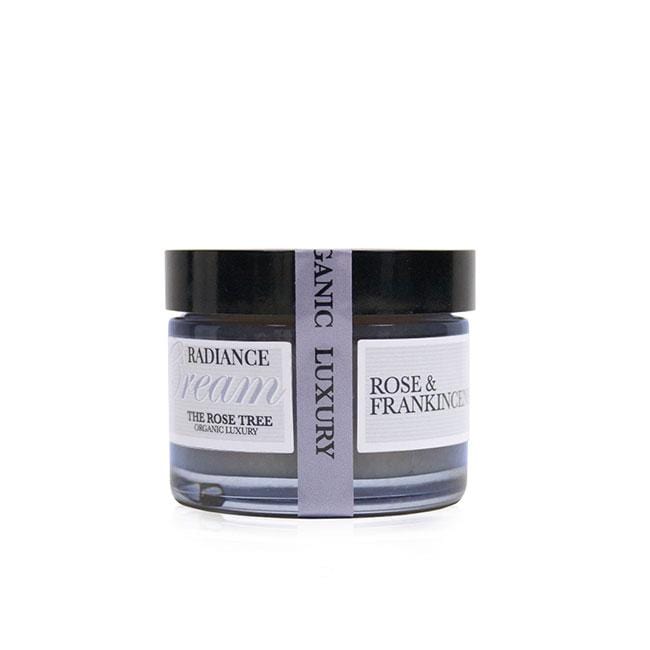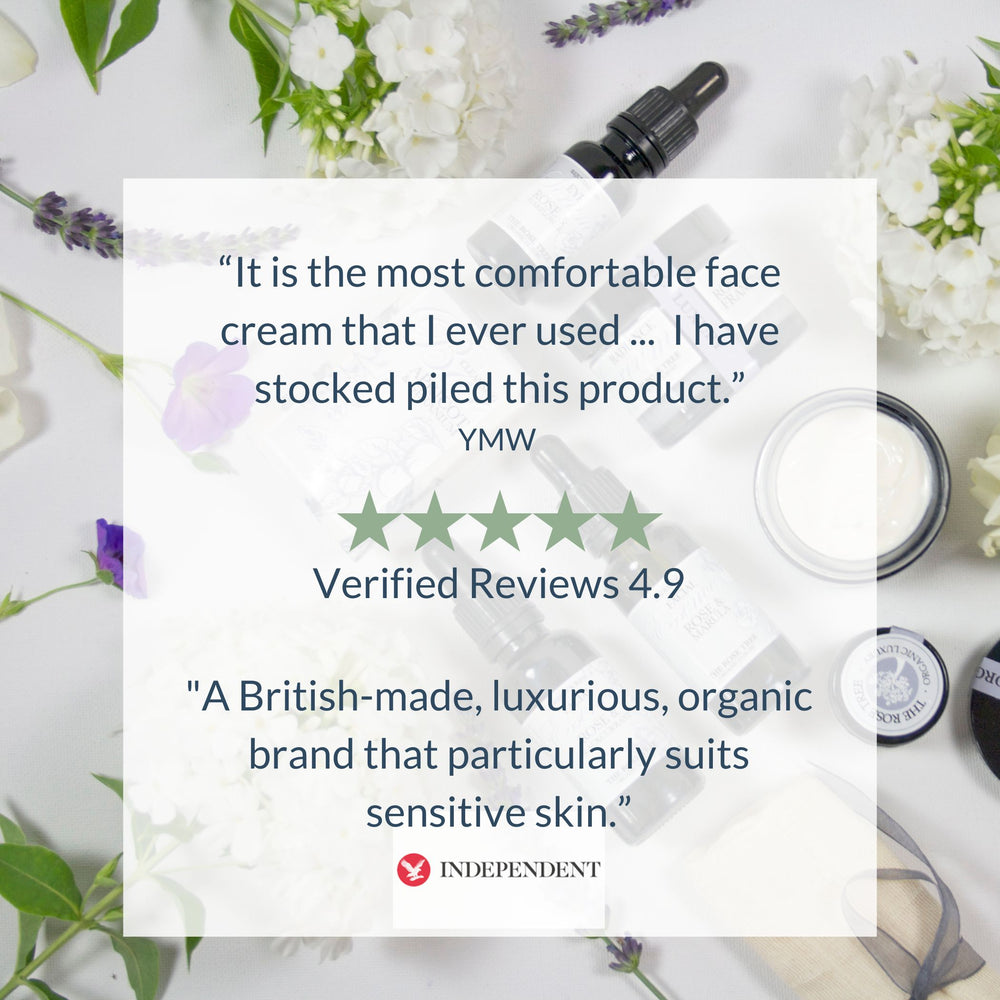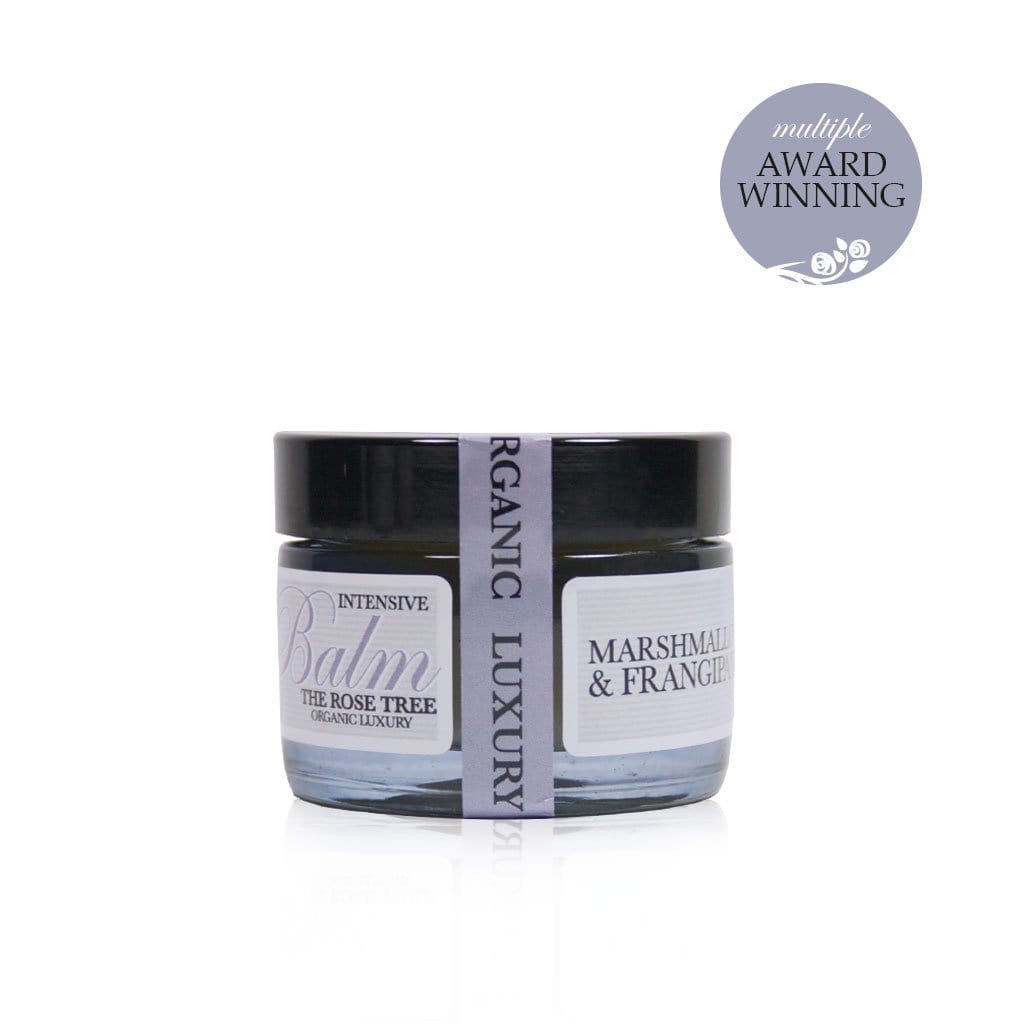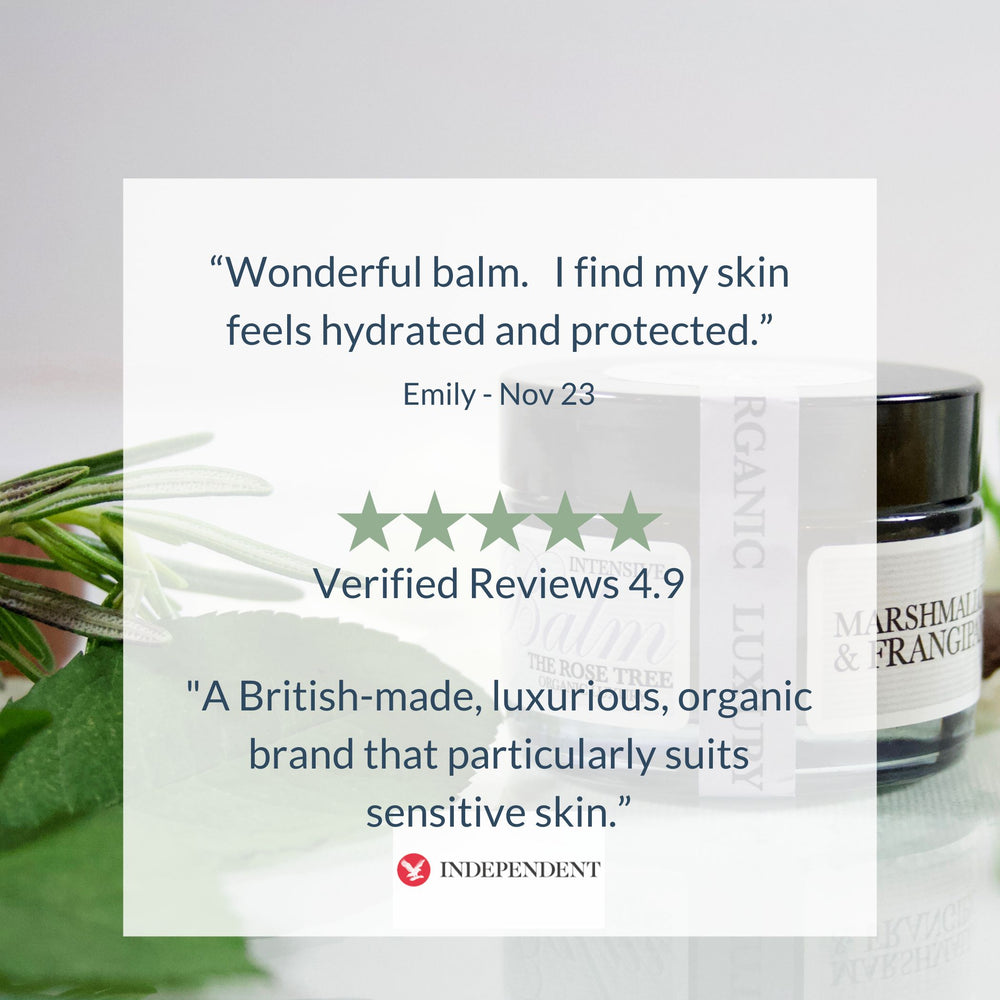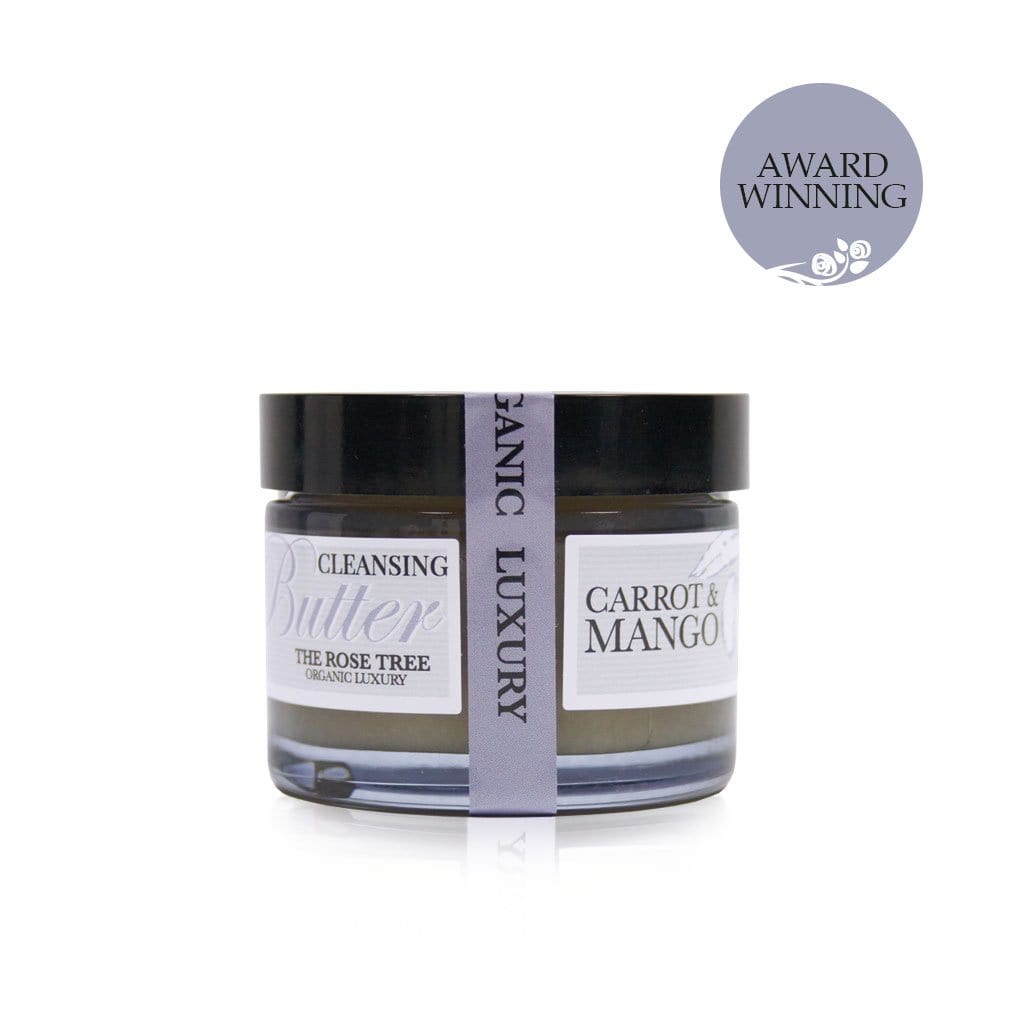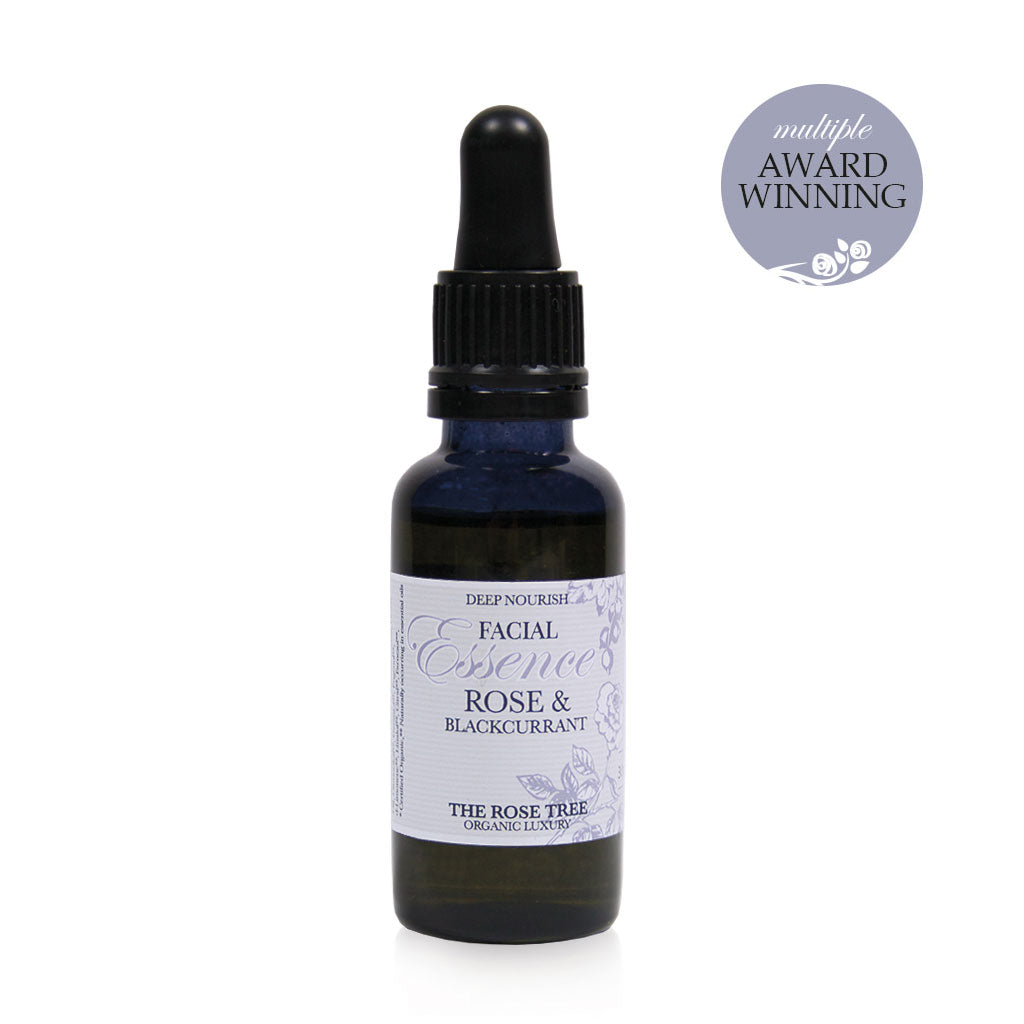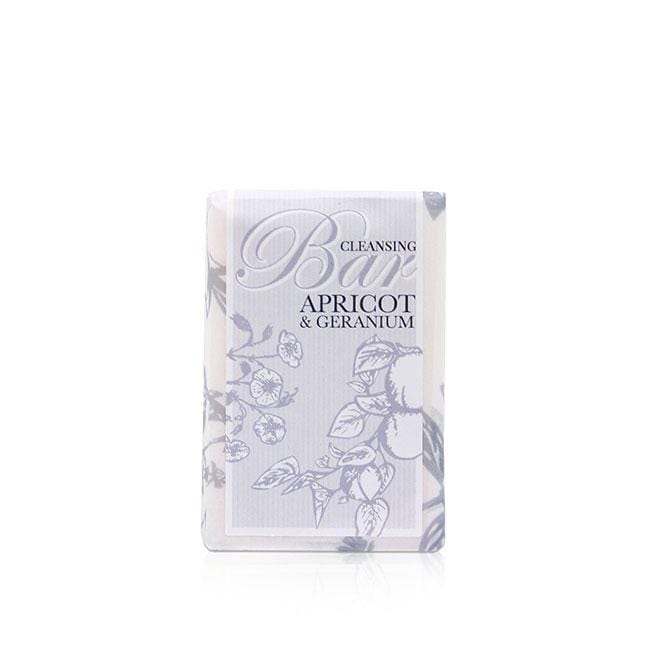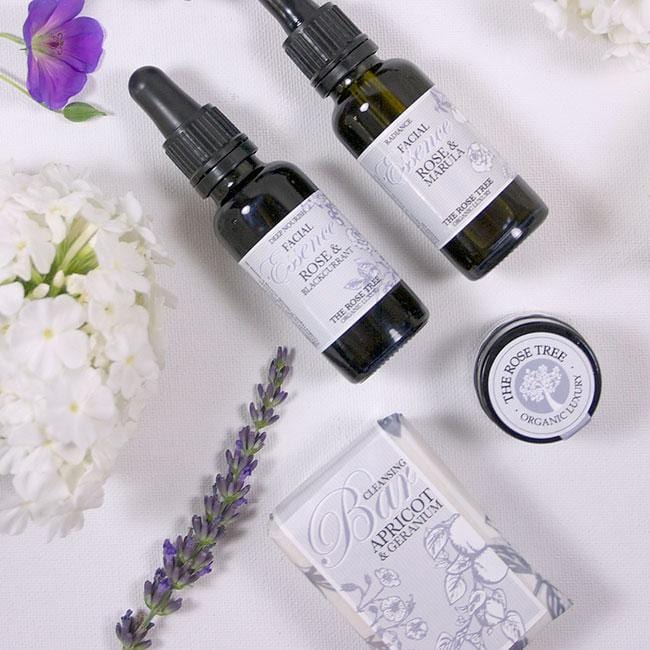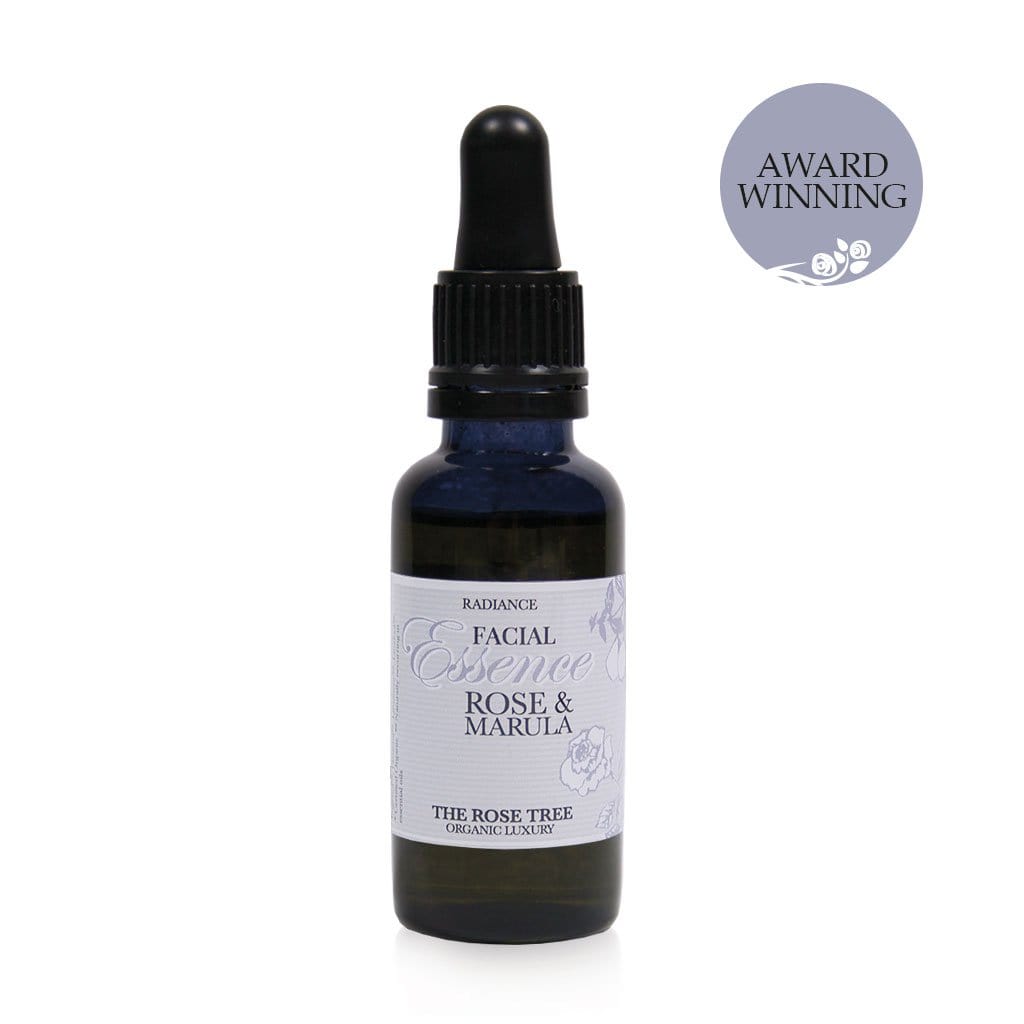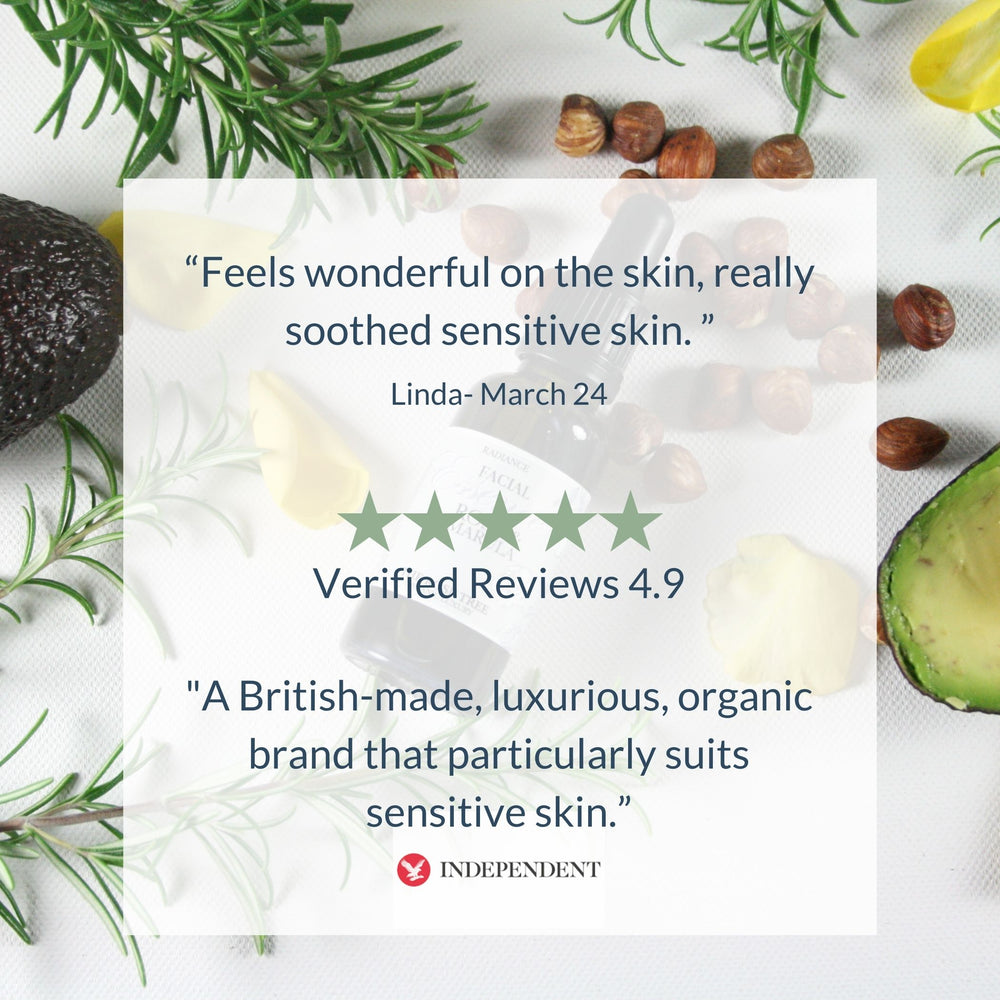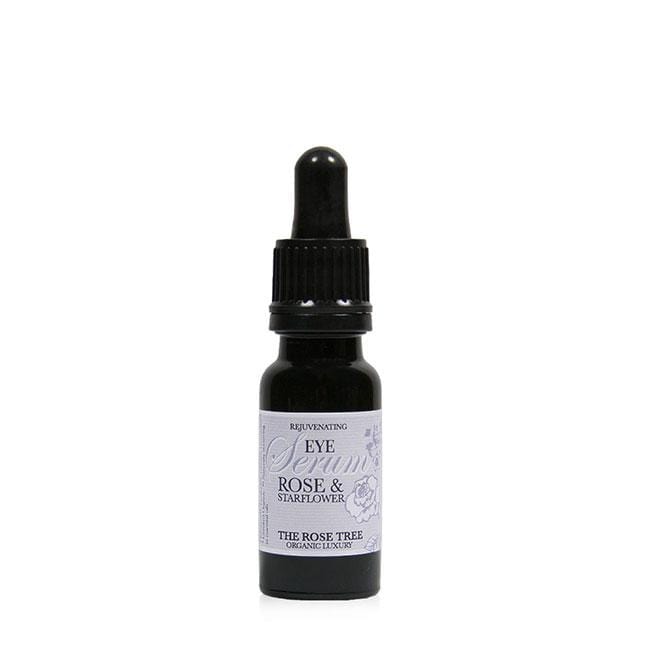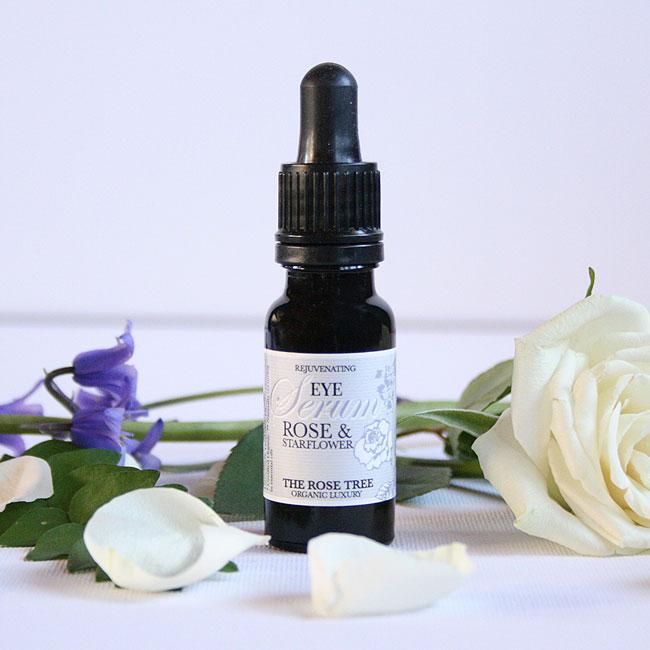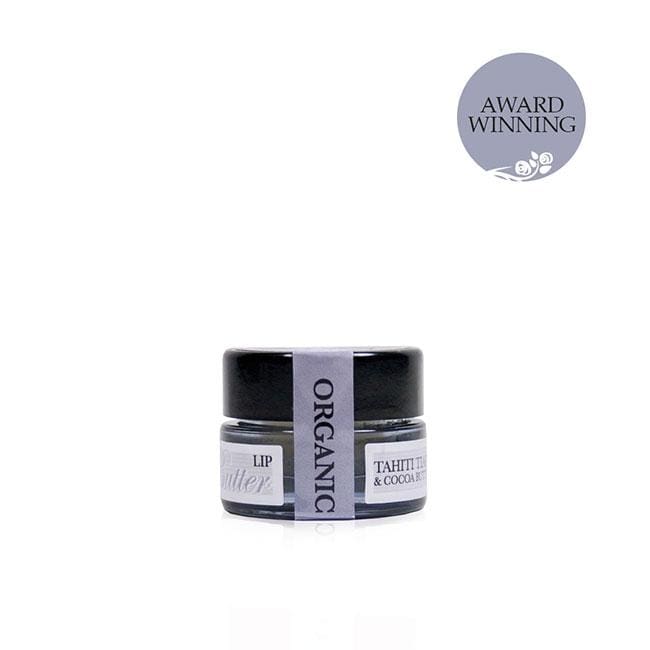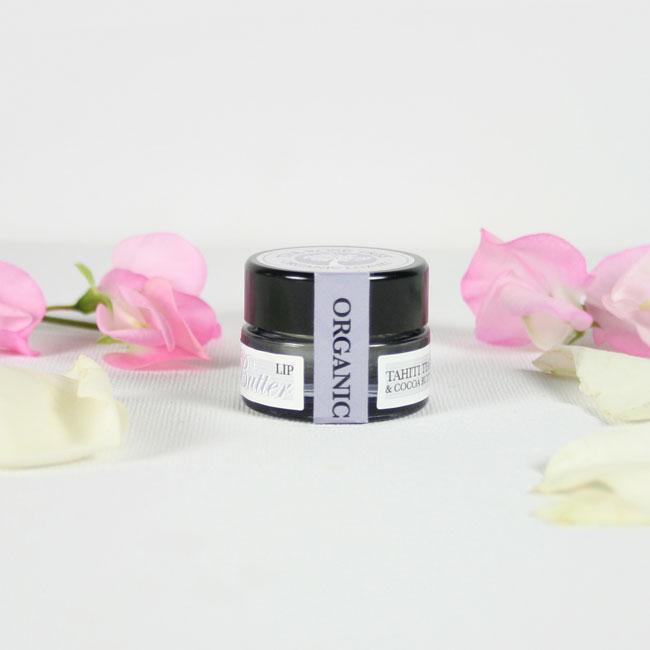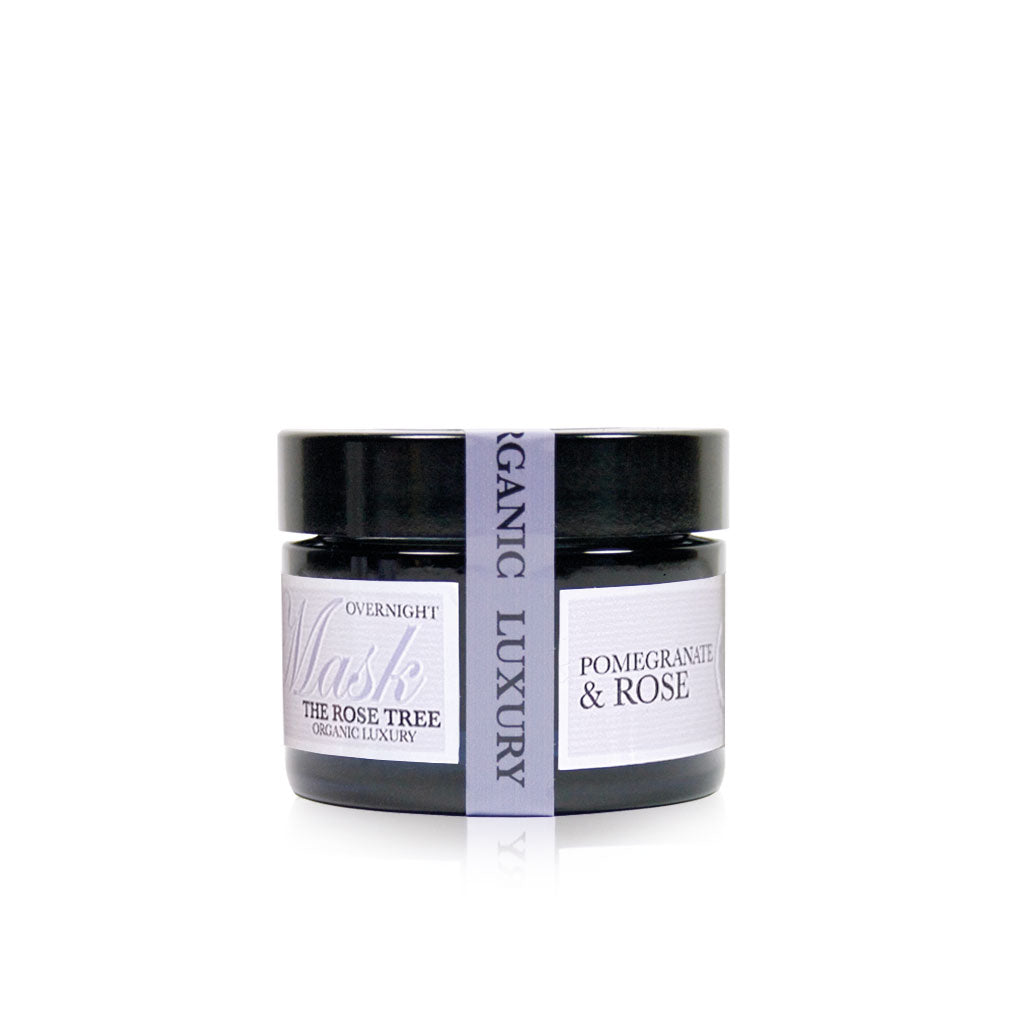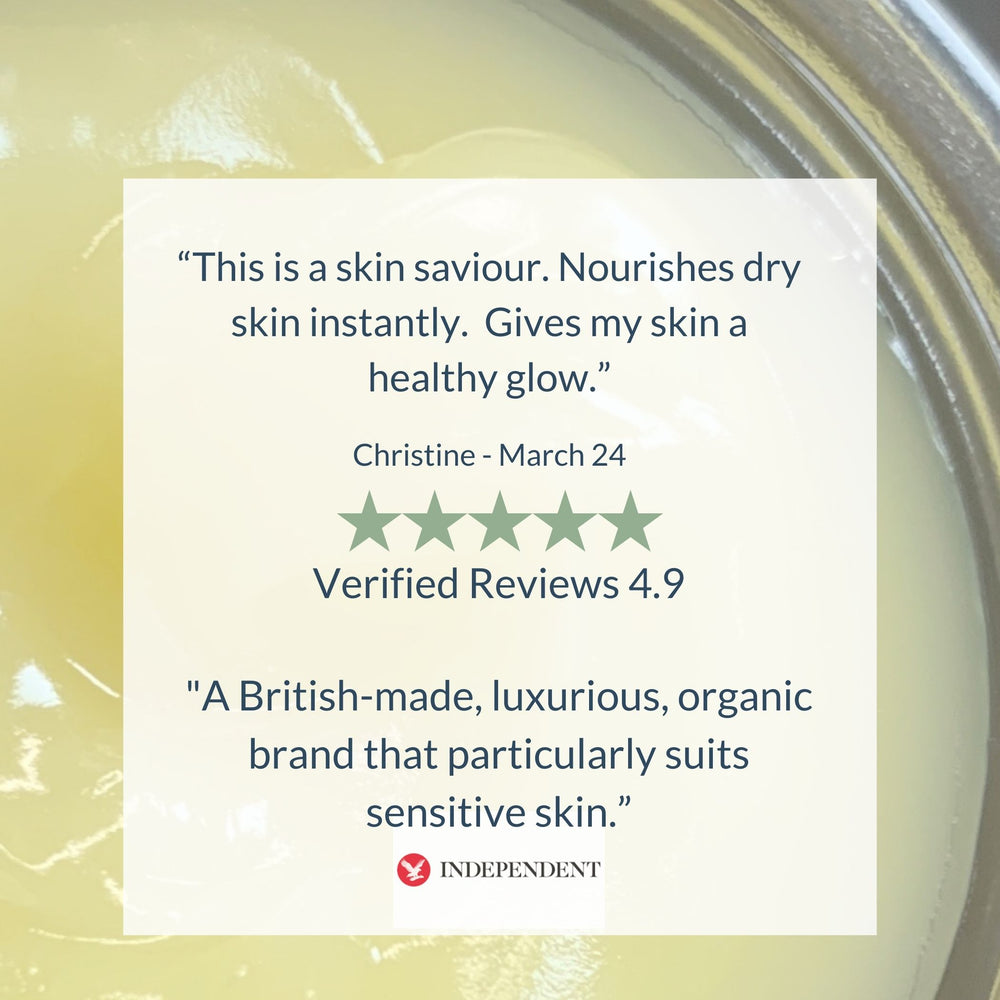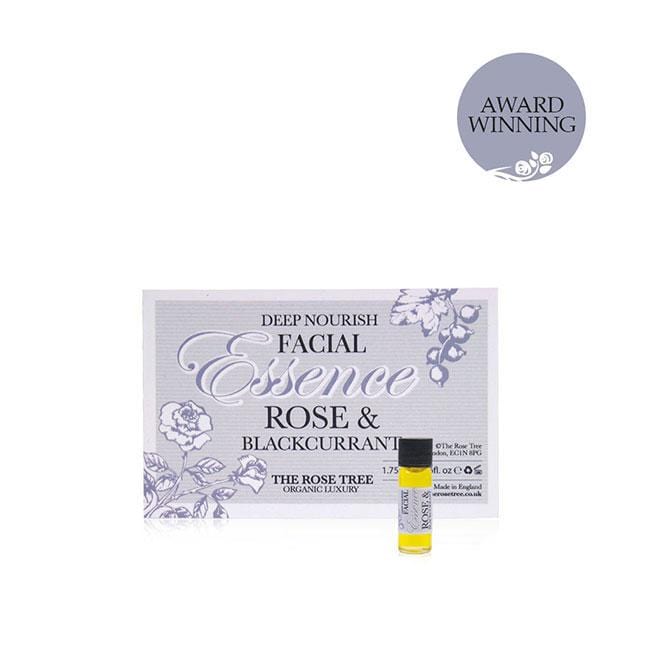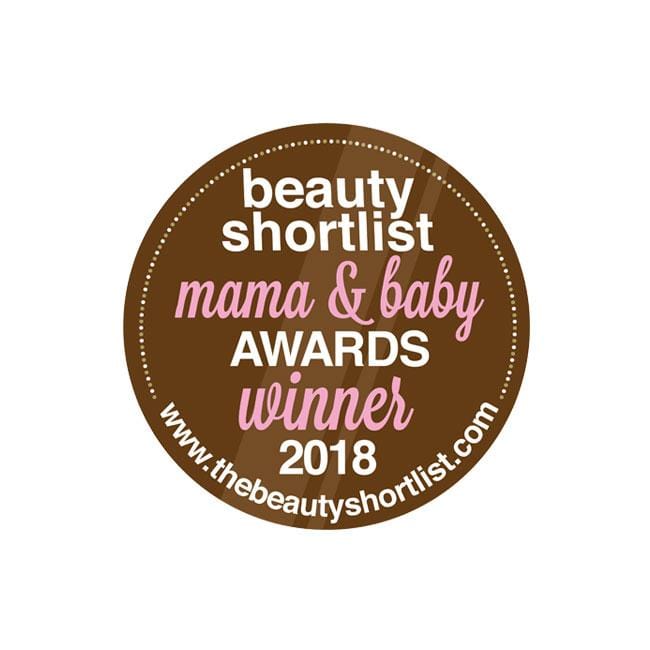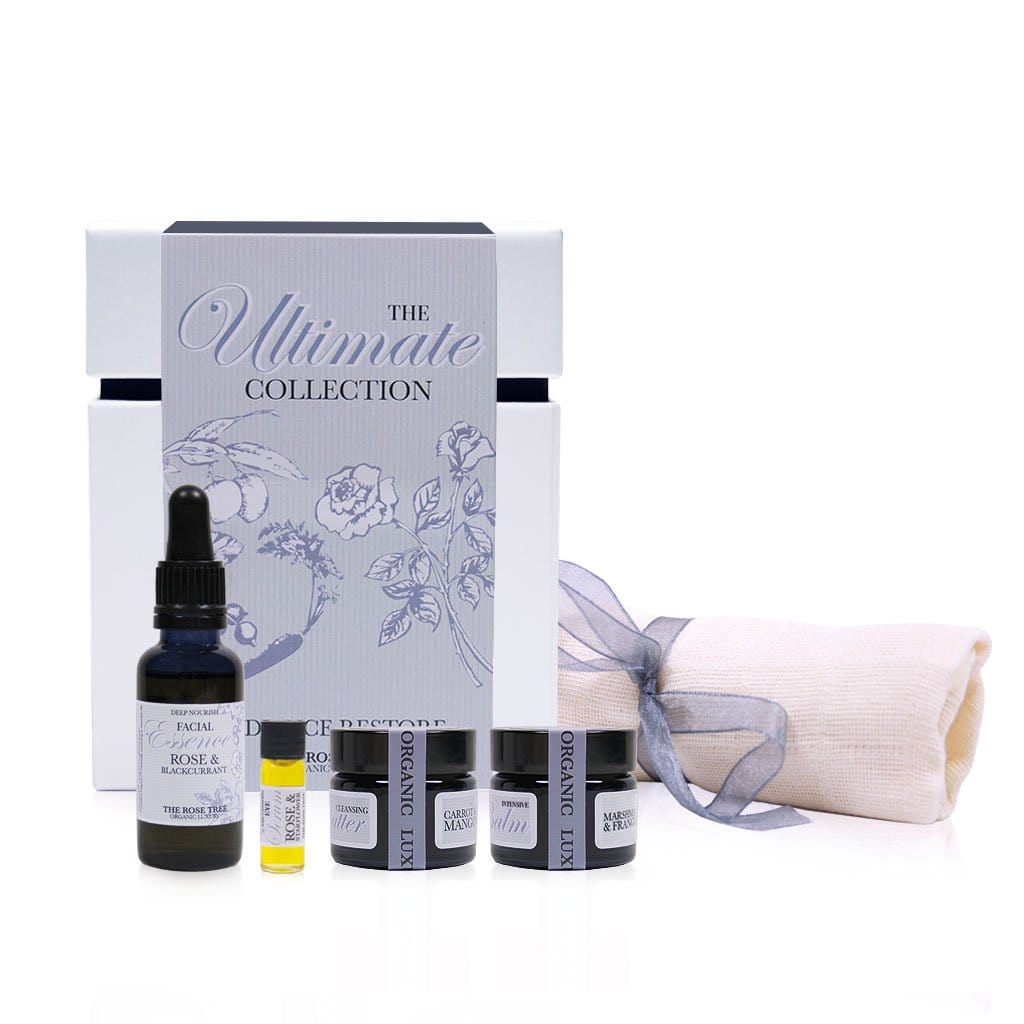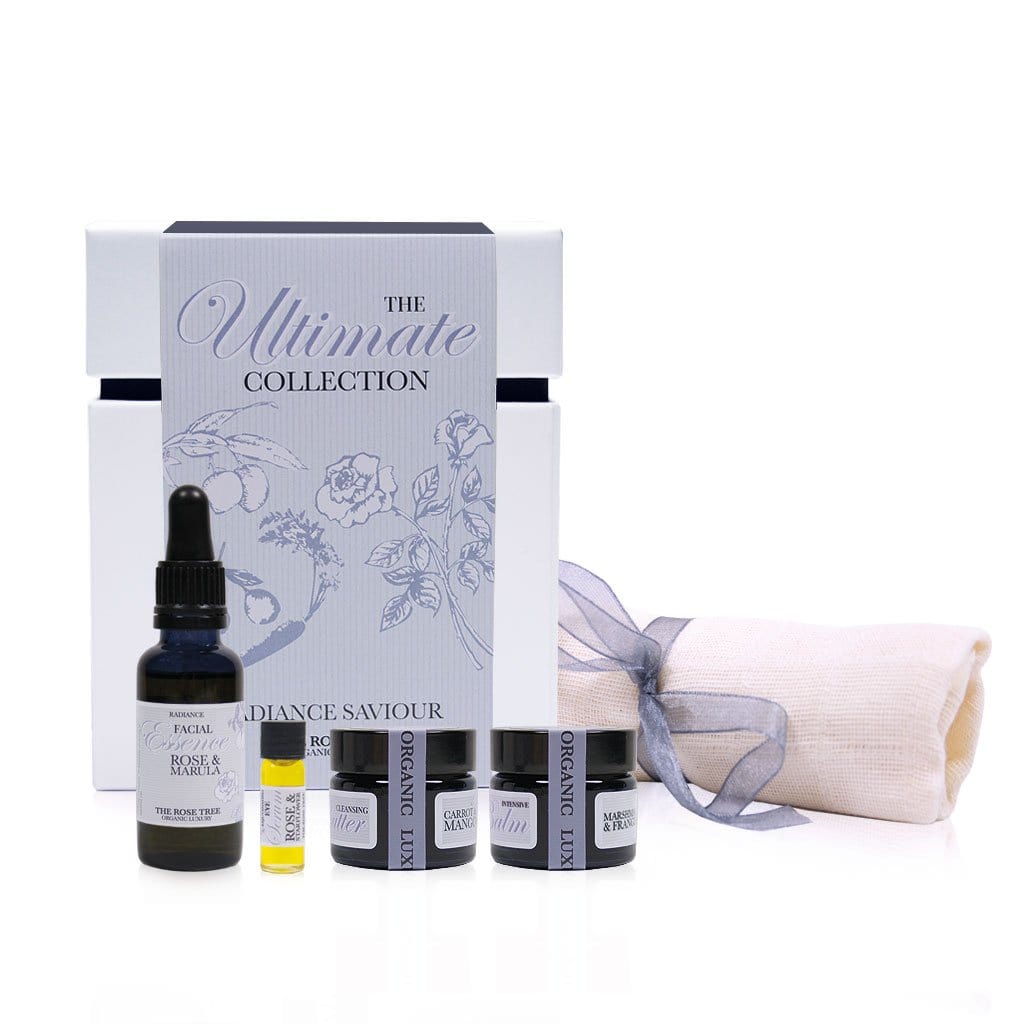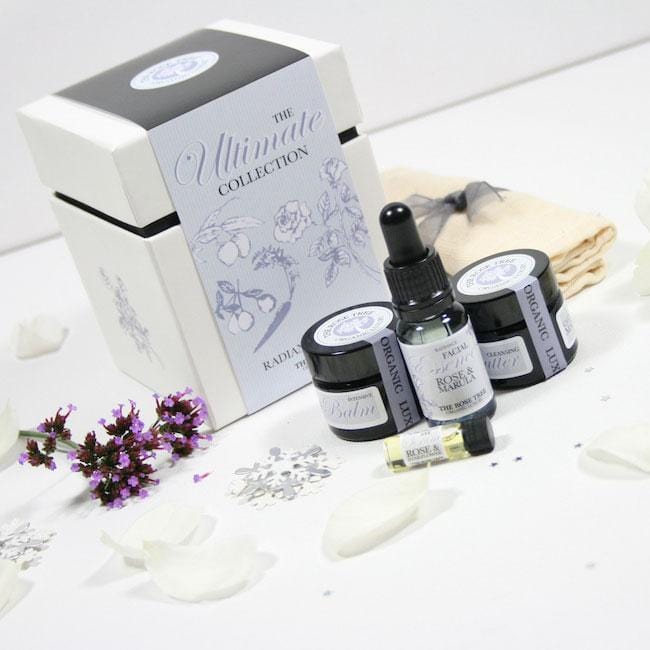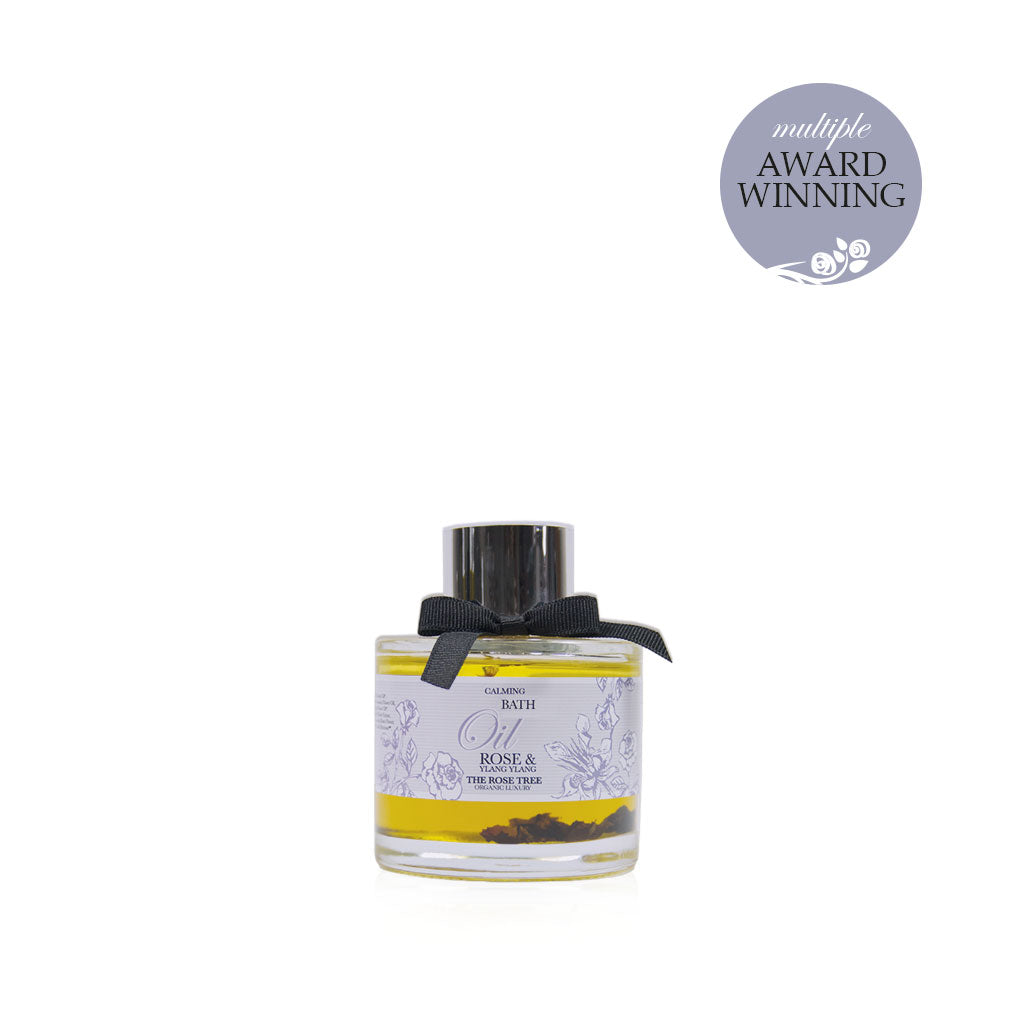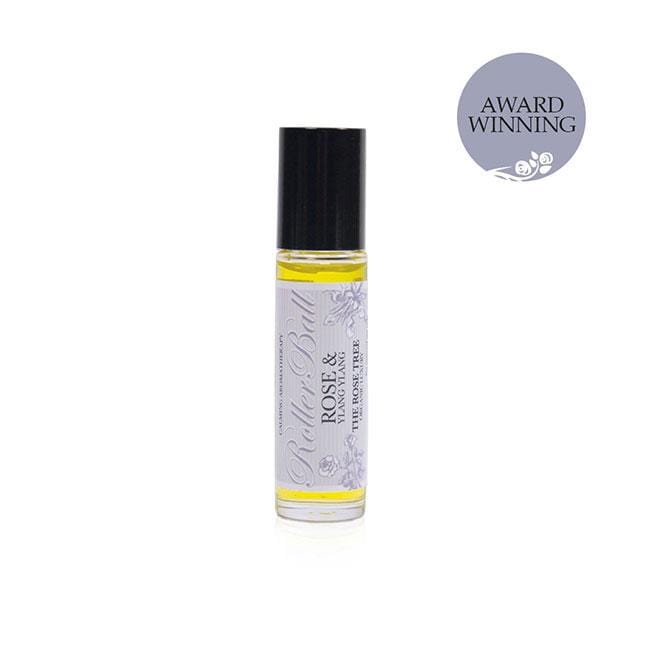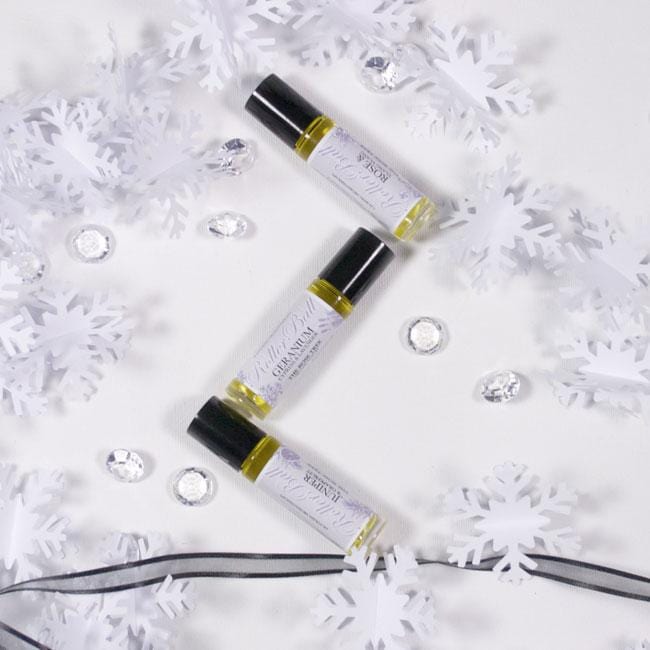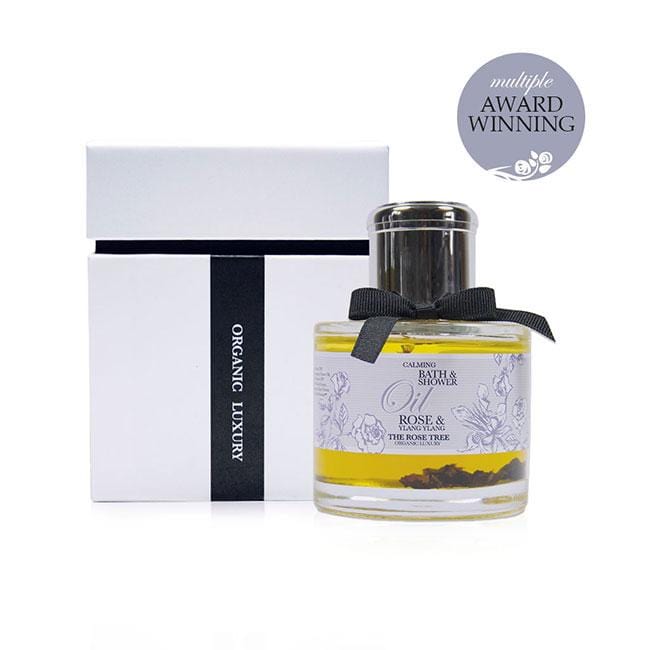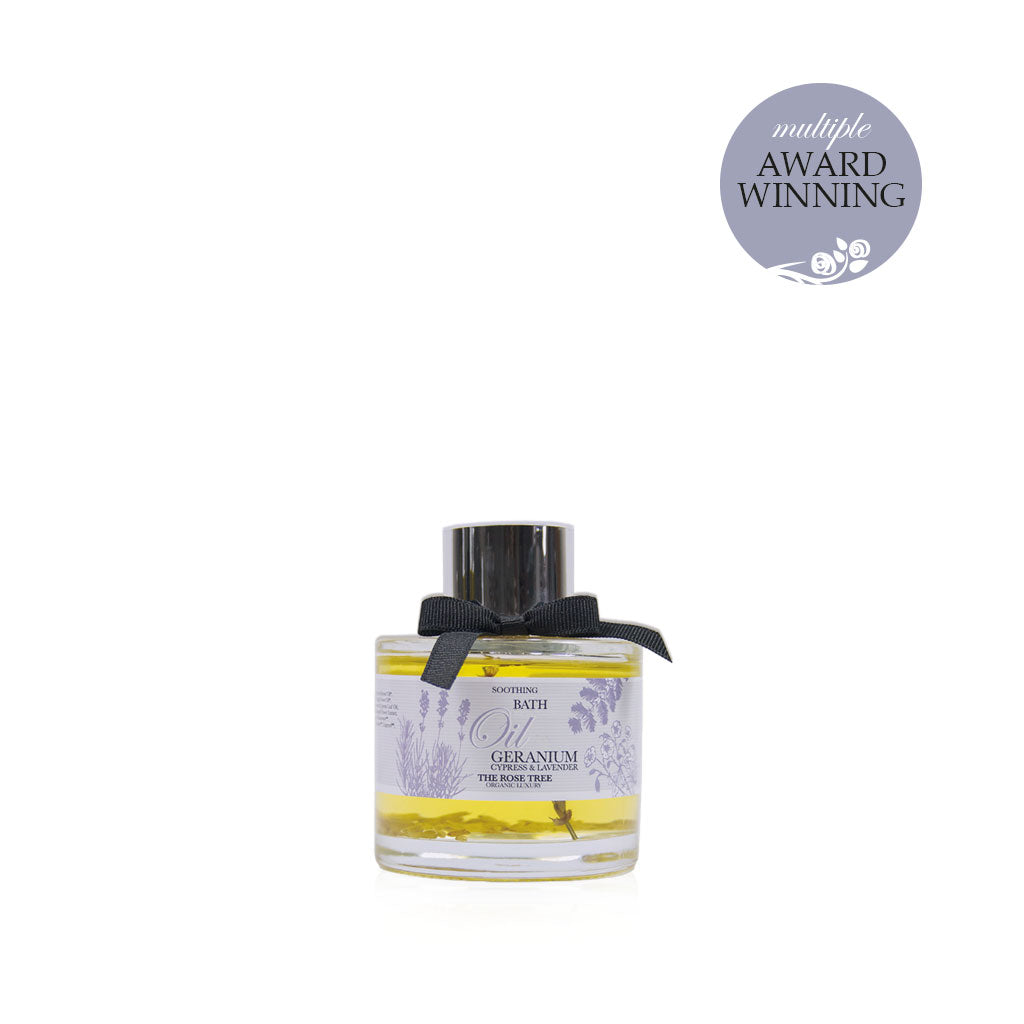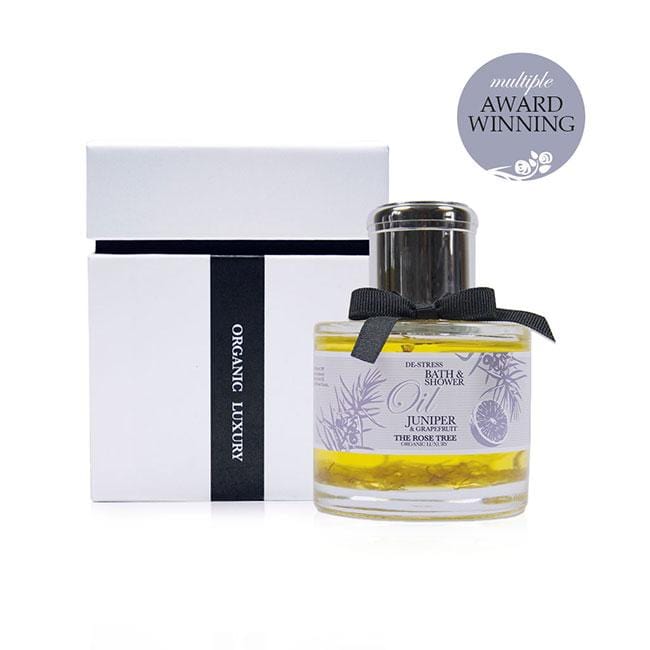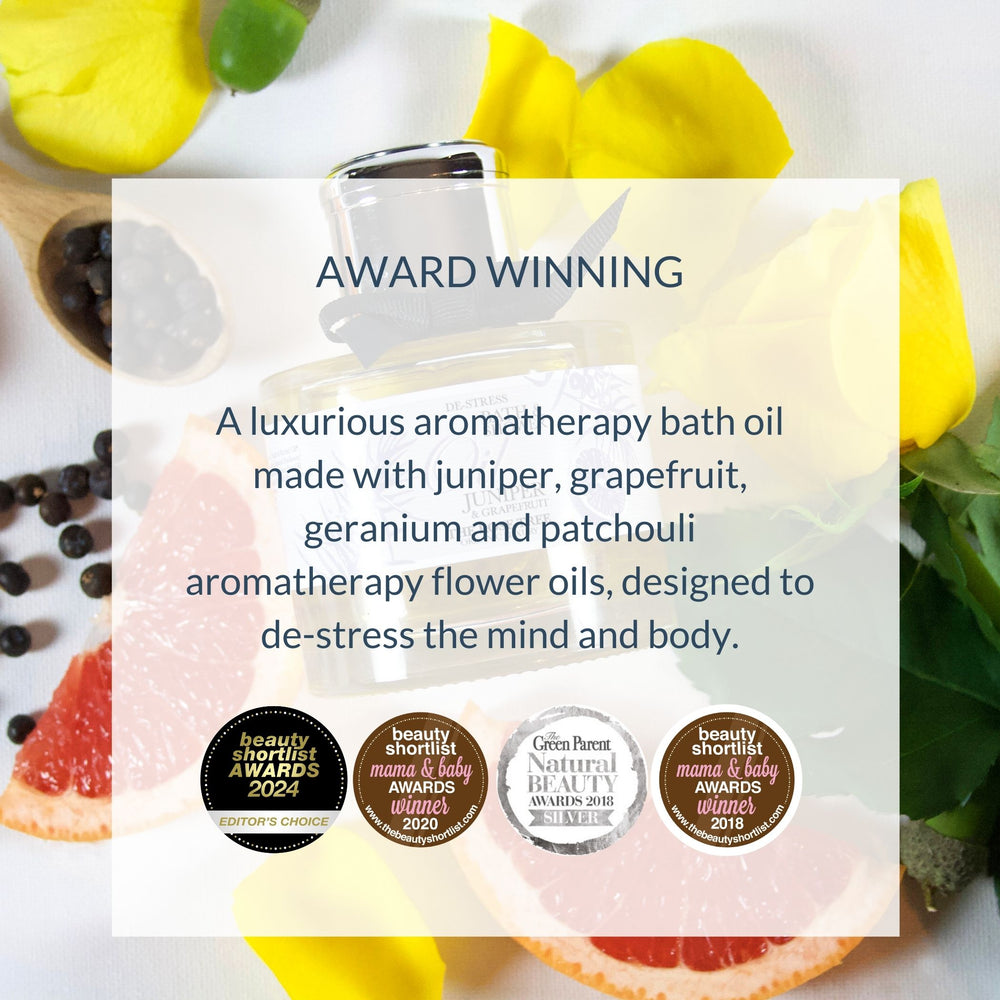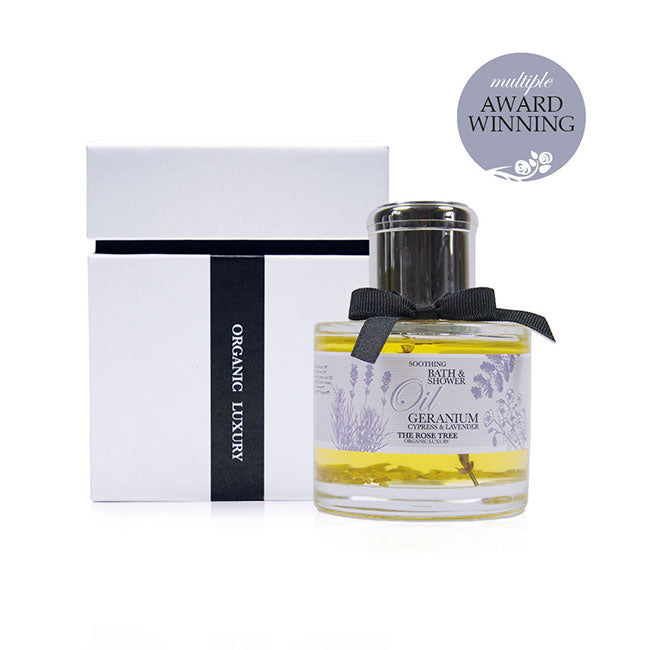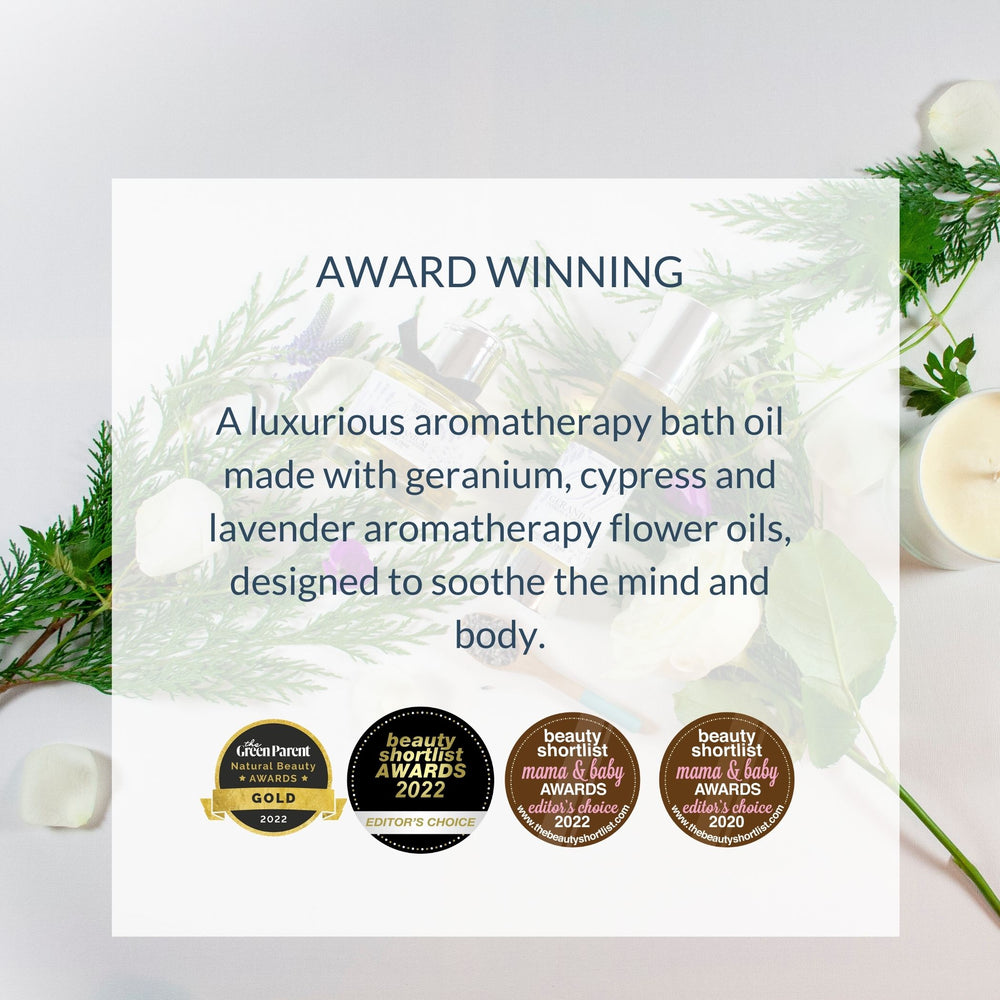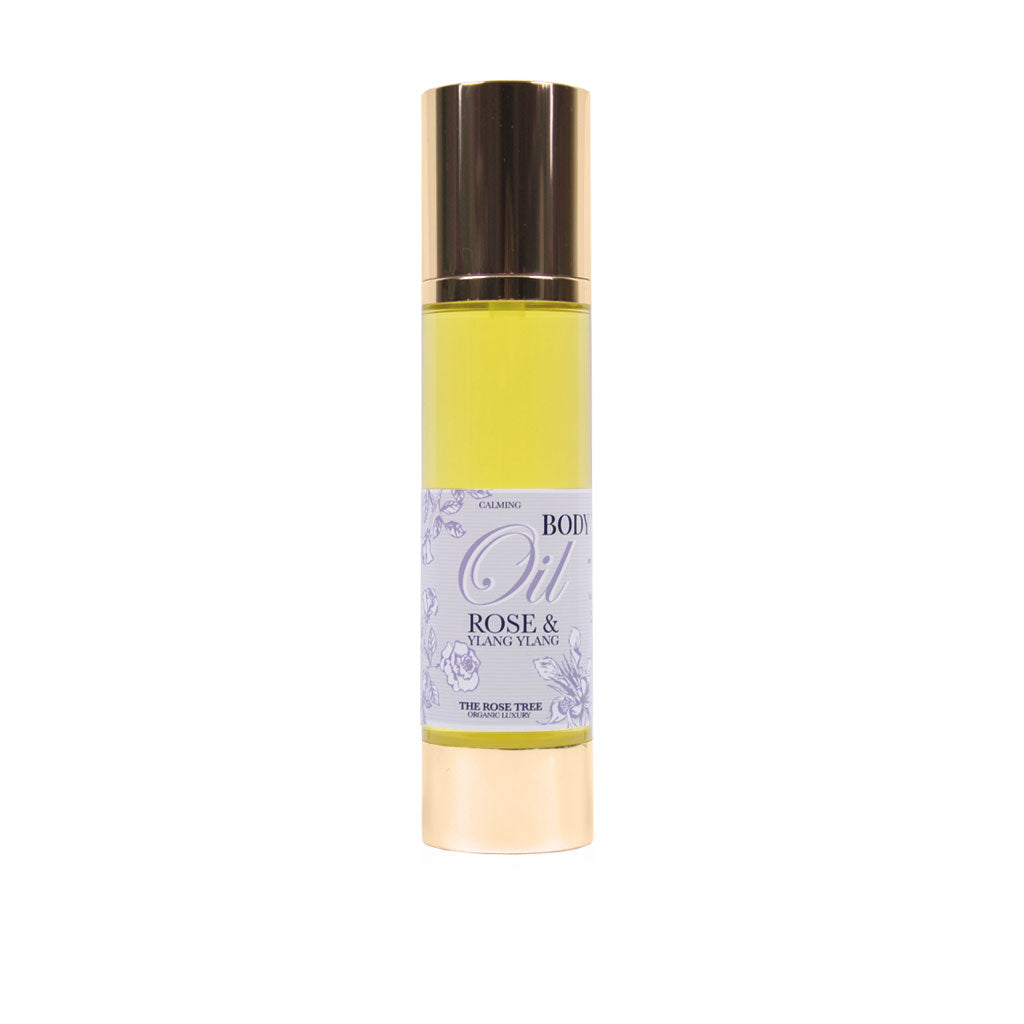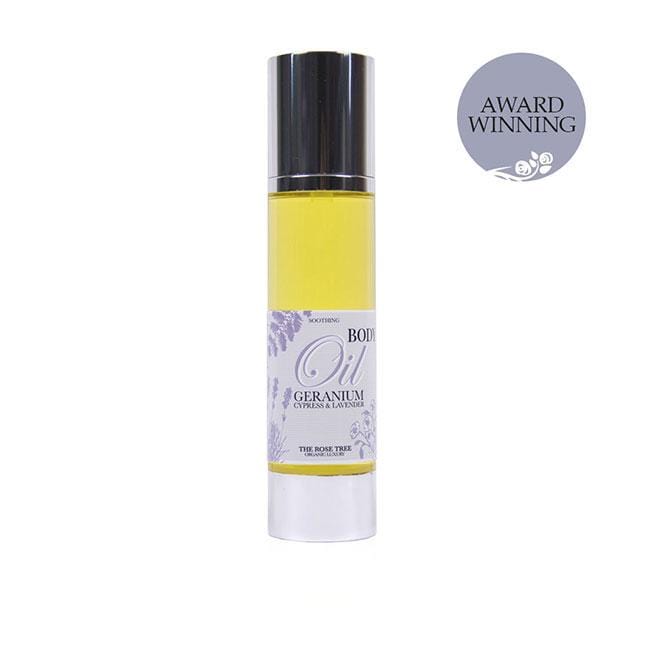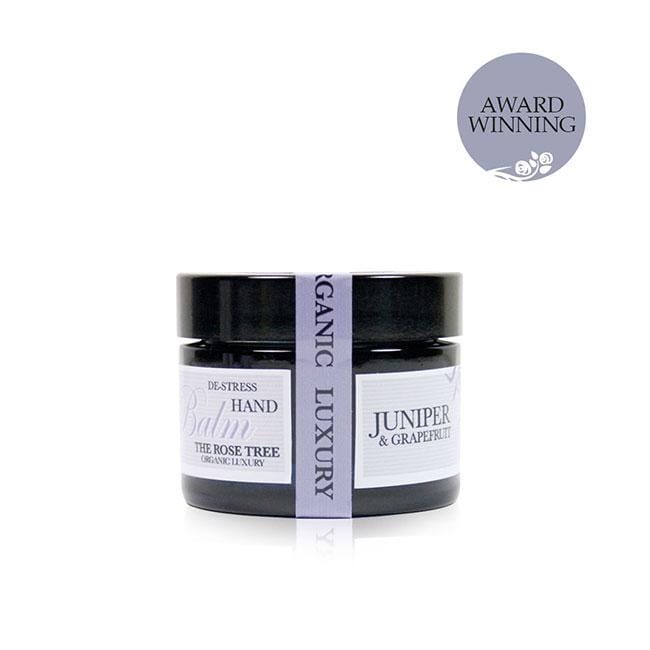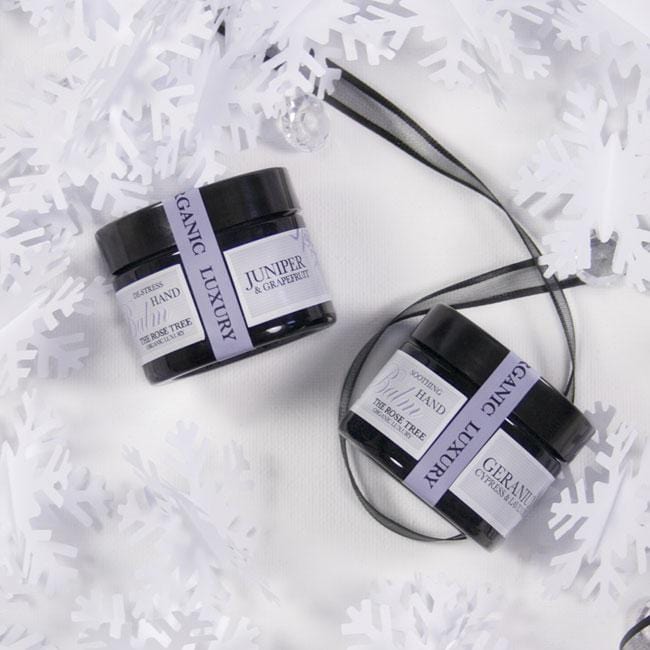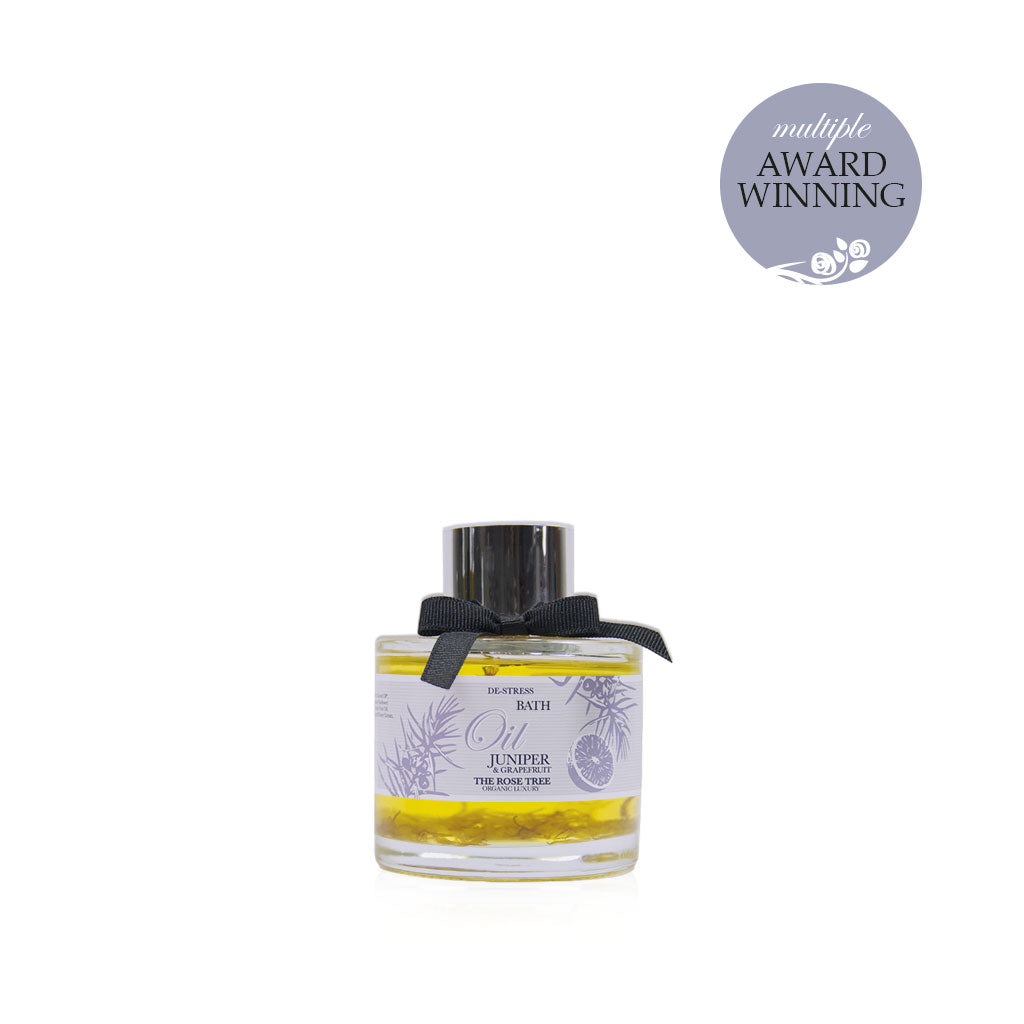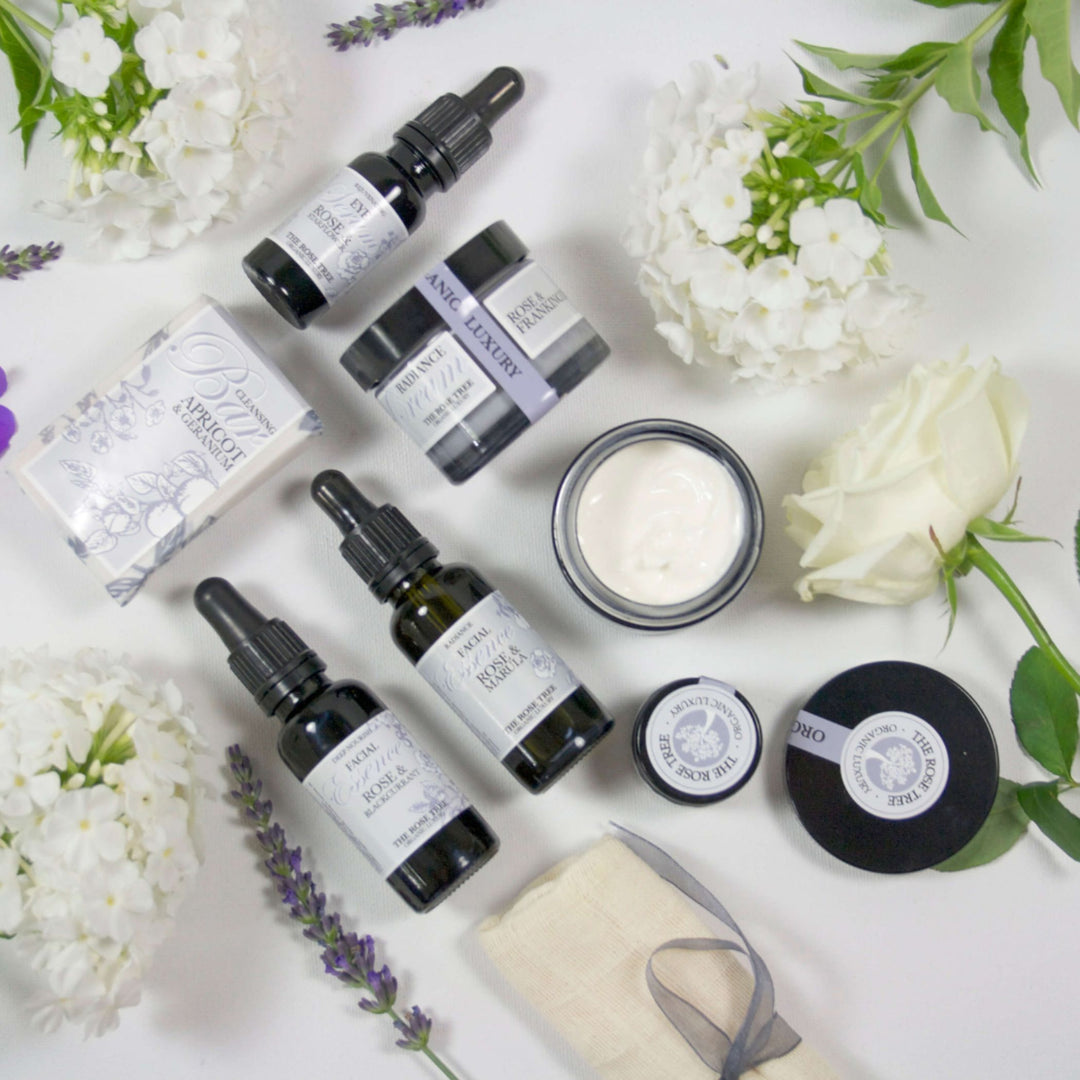Why a bath oil?
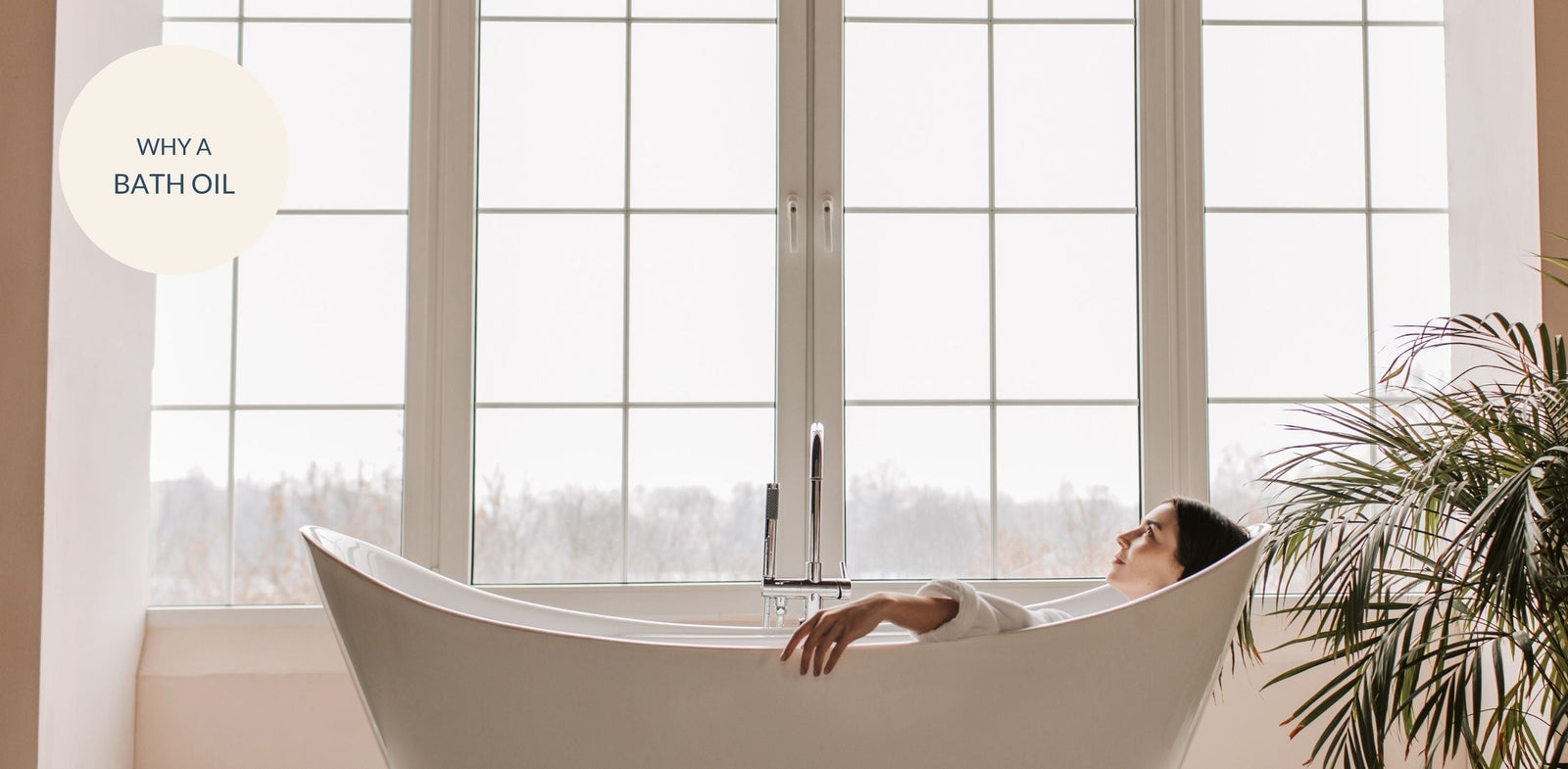
5 Reasons To Love a Bath Oil.
Bubbles vs a bath oil, it almost feels like it's a no-brainer, after all, who doesn't love sinking into a tub of warm, bubble filled water?
It's the ultimate food for the soul, a chance to wash away the stresses and strains of the day and indulge in a few precious minutes of pleasure.
But increasingly, sinking into that warm, bubble filled tub comes at a cost.
Dry, itchy skin?
Sensitised skin?
Sore bits that pop up in the crook of your elbow or knee, and little patches of eczema.
A quick straw poll around the office, and every one of the women here confess to having sensitive skin to a greater or lesser degree.
62% is the percentage of women who say they suffer from skin that is sensitive.*
Bubbles might be the first choice for a spot of water relaxation therapy, but it all comes down to the ingredients.
Here's a closer look at what you might find in a typical bath oil when compared with a bottle of bubble bath.
What Is a Bath Oil?
A bath oil is an oil, which is either plant based oil or synthetically derived, usually scented and is added to water to bathe in. The best bath oils are made from beautiful plant oils, and are scented with essential oils which have the dual result of moisturising and hydrating skin, while also imparting therapeutic properties from the essential oils.
Bath Oils can contain additional ingredients such as an emulsifier which help the oil disperse within the warm water.
Cheaper, lower quality bath oils will often additionally contain synthetic fragrance compounds and colours.
A Bath Oil Versus a Bubble Bath
1 - Bubbles, SLS, SLES

To make those lovely bubbles, you need a surfactant or detergent and generally that means Sodium Lauryl Sulfate (SLS) or Sodium Laureth Sulfate (SLES).
Foaming agents can be tough on your skin, they strip the protective layer, and make it more susceptible and sensitive to other ingredients.
They are often associated with dry skin and eczema break outs.
I personally prefer to avoid these.
Don't get me wrong I love bubbles as much as the next girl.
I'm just less keen on the dry, itchy bits that appear afterwards.
A Bath/Shower Oil by comparison doesn't need to contain a detergent of any sort.
2 - The Oil in Bath Oil

Let's take a closer look at what oils you might find in your bath oil.
Not all oils are created equal.
My advice is to ditch anything petroleum derived and go for pure plant oils.
Naturally protecting and hydrating, they nourish the skin super gently.
These are a few of my favourites:
Apricot oil - Softening and hydrating and useful for sensitive, itchy skin
Camellia oil - Antioxidant rich, which makes it good skin as we age. It is quickly absorbed by skin. Also known as tea seed oil, or kissi oil, it comes from the same plant that is used to cultivate tea.
Safflower or sometimes called Thistle oil - Super mild and good for dry, itchy skin.
Jojoba oil - Actually a liquid wax, and very similar to our own sebum, which is why it’s great on our skin. Doesn't leave a greasy feel.
3 - Scented Bath Oils - Fragrance versus Essential Oils
Fragrance or 'parfum' as it sometimes appears on labels can cover a whole host of unknown stuff, and therein lies the problem.
Everyone loves their bubbles to smell nice.
Imagine sinking into a tub of bubbles with that aroma that speaks to just you, a feminine, floral number, a herbaceous, zingy green scent or perhaps something more Mediterranean and citrus.
What's in that beautiful fragrance?
Is it natural or artificial?
Manufacturers don't need to specify. 'Parfum' can be made up of pretty much anything. There are more than 5000 synthetic fragrance components used by the beauty industry.
For those people with sensitive skin, 'parfum' can be a nightmare. It can give you a reaction, and you're not actually sure which ingredient is the culprit.
A lot of bubbles products come with a host of artificial fragrance ingredients which in conjunction with foaming ingredients I prefer to stay clear of.
Essential oils are 100% natural and are more often (though not exclusively) used in bath oil products. That 's what I use.
It is possible to be allergic to essential oils, so you do need to exercise caution if your skin is super sensitive, and a patch test make sense.
There are 26 known allergens that have to be listed on skincare labels, which can be found in both natural and artificial fragrances.
But they must be visible, which is a whole lot more useful than 'parfum' where you have no idea of what's in a formulation.
Read those ingredient labels and make sure you can see what's in that product. You're paying good money for it, it’s your right to know what’s in it!
4 - Bath Oil & Artificial Colour

Look down the aisles of any high street store, and see how many bubble products have a delicate blush tinge, a deep blue colour or a beautifully, pearly white liquid.
I have one word for you, (OK two), artificial colour.
Just avoid, if you have sensitive skin.
With a bath oil, you know what colour to expect, depending on the mix of plant oils golden-ish, maybe a bit lighter, maybe darker.
But not pink or blue. For most bath oils that means artificial colour free.
Are Bath Oils Good For Skin?

5 - Hydrating & Moisturising Bath Oils
While you are relaxing in the scented waters of your bath, natural plant oils have a powerful moisturising effect.
Plant oils have gained a huge following recently, and are a great starting point for those who are new to the natural beauty scene.
Nourishing, protecting and nurturing plant oils really can do it all.
Oils are able to penetrate the outer layers of our skin, creating an occlusive layer and trapping water beneath it. This is what makes your skin feel softer.
Plant oils are similar to the natural oils within our own skins which means they are metabolised by the skin.
They also naturally contain essential fatty acids (EFAs) which benefit our skin.
So compare lounging in a tub full of foaming detergent (albeit disguised in the bubbles) with chilling in a tub of bath oil scented water, and it becomes the ultimate lazy girl's trick to pampered, super soft skin.
And if you're worried about turning your bath into an oil slick, remember, with the best luxury bath oils, you only need the tiniest amount, I recommend about 1/2 a teaspoon for a whole bath.
6 - Bath Oil Ingredients
How pure are your bath oil ingredients?

One thing to consider is does your bath oil contain water.
Waterless might sound like a strange thing to consider but think about our bath oil ingredients when compared to a bottle of bubble bath.
Think about that beautiful bottle on the shelf of your bathroom, the chic glass bottle, the muted colours of the packaging to fit with you interior décor, and the ingredients on that label.
A bubble bath product will on average contain about 70% water. That's a lot of the retail price on coloured water.
A bath oil, a good one at least in comparison will contain 100% pure plant oils. Many times more expensive. But also many times more nourishing and protecting for your skin.
100% active ingredients if you like. Not 30%, or more likely less than 10%.
Where would you rather spend your money?
For me, in conclusion, I firmly believe that the ingredients in a really good natural or organic bath oil are many times more superior to a bottle of coloured bubbles.
For those of us with sensitive skin, knowing exactly what's in a product, including the ingredients used to scent a product is important. It gives us choice, and choice is power.
*Sensitive skin: an epidemiological study. The British Journal of Dermatology, 2001


